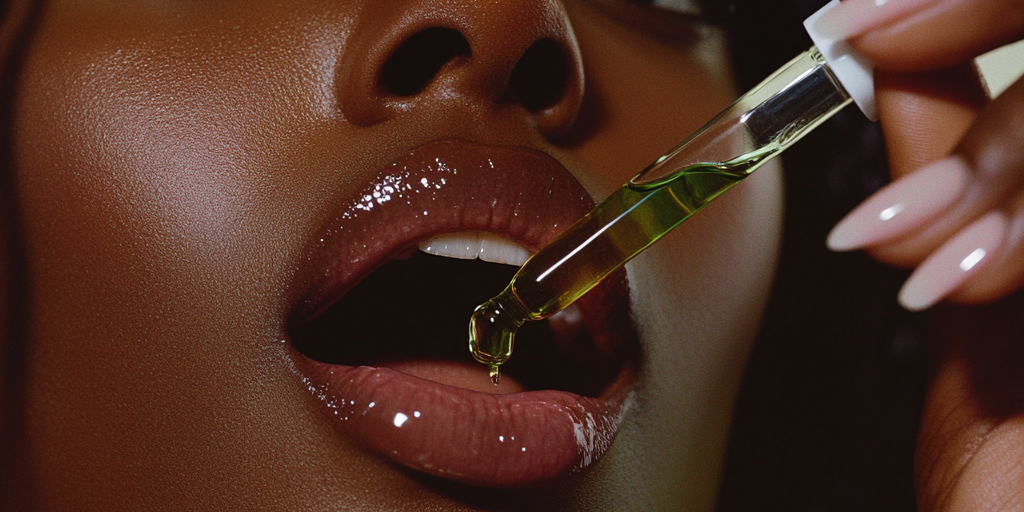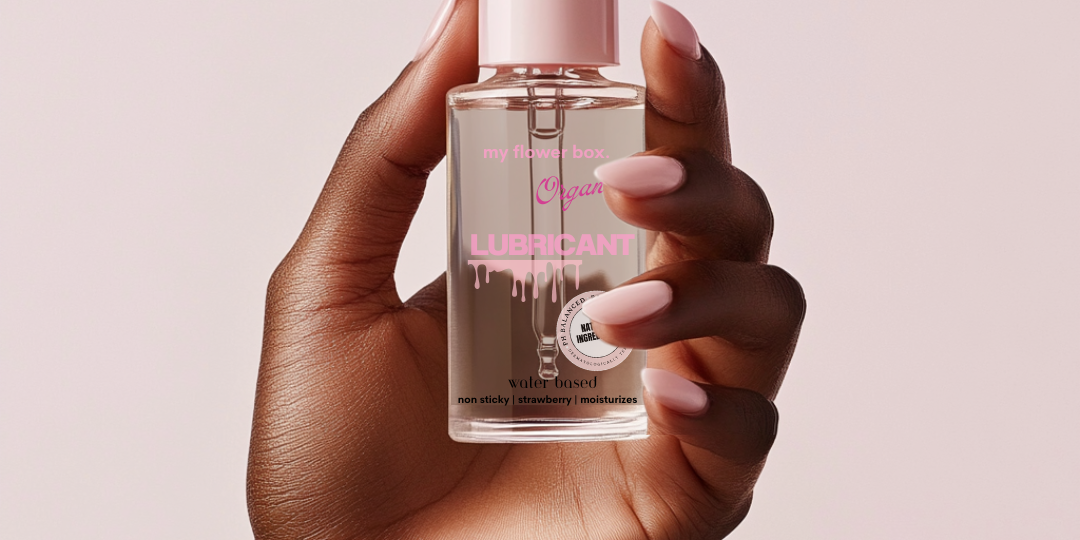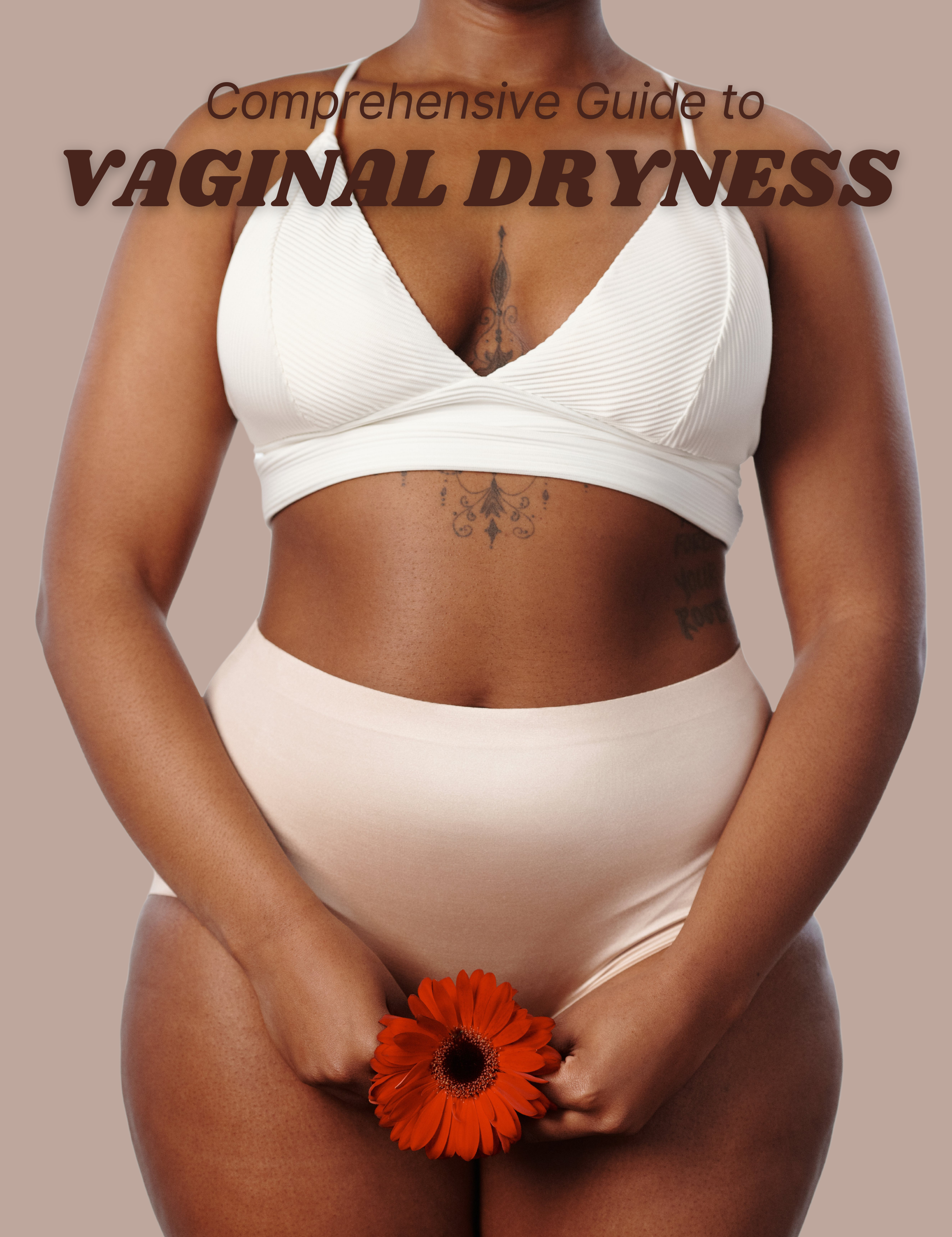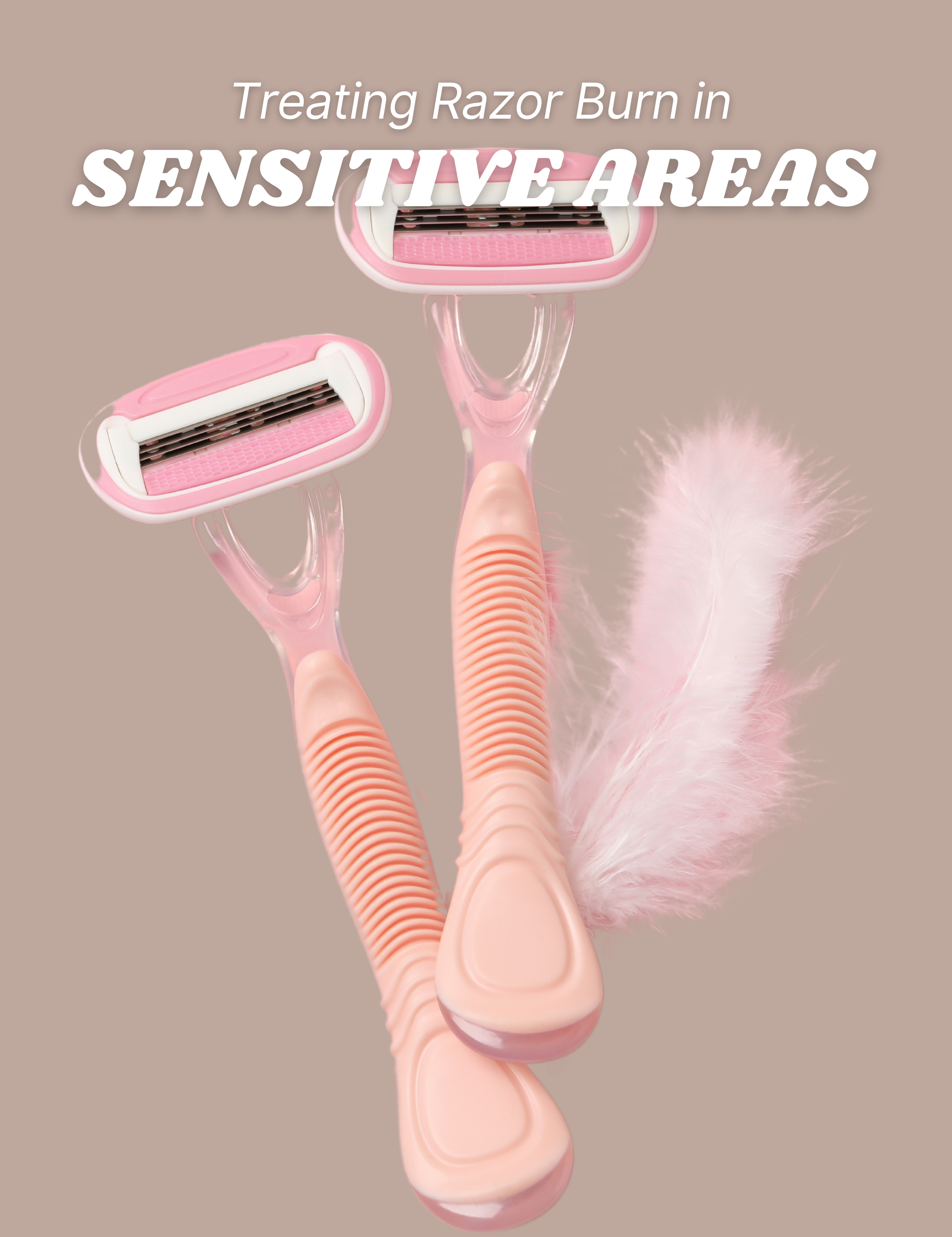How to Choose the Right Products for Your Vaginal Skin: A Safety and Wellness Perspective
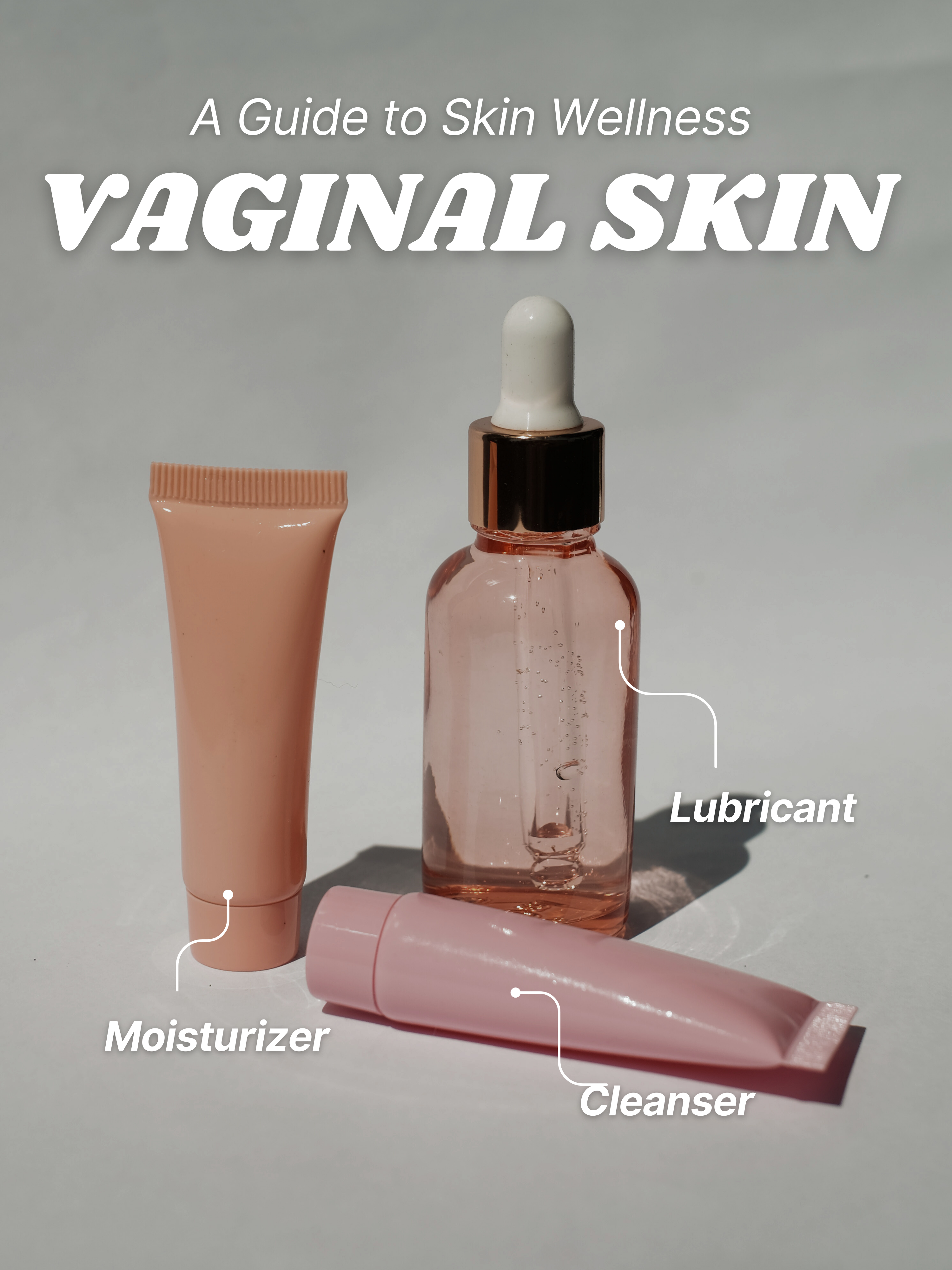
Choosing the right products for your vaginal skin is not just about personal hygiene; it's about safety, wellness, and ensuring the delicate balance of one of the most sensitive areas of your body is maintained. With a plethora of products on the market claiming to be the best for your intimate area, navigating through them to find what truly supports your vaginal health can be overwhelming. This article aims to guide you through the process, focusing on safety and wellness to help you make informed decisions about your vaginal skin care.
Understanding Vaginal Skin
Understanding the unique characteristics of vaginal skin is crucial for maintaining its health and preventing discomfort or infections. The vaginal area is one of the most sensitive and delicate parts of the body, requiring careful attention and specific care to ensure its balance and well-being. This section delves into the anatomy and physiology, unique characteristics and needs, and common issues and sensitivities associated with vaginal skin.
Anatomy and Physiology
- Vaginal skin differs from skin on other parts of the body.
- Covers the external genital area (vulva) and lines the vagina.
- Highly permeable, absorbing substances easily, highlighting the need for careful product selection.
- Contains mucous membranes that are more sensitive than regular skin, increasing vulnerability to irritation and infections.
Unique Characteristics and Needs
One of the vagina's most notable characteristics is its natural pH level, which typically ranges between 3.8 and 4.5. This slightly acidic environment is crucial for protecting against harmful bacteria and maintaining a healthy balance of yeast and bacteria. Disrupting this pH balance, whether through the use of inappropriate products or practices, can lead to a variety of health issues, including bacterial vaginosis, yeast infections, and discomfort.
The vaginal area also has its own natural lubrication system, which helps in maintaining moisture levels and ensuring comfort during activities such as sexual intercourse. It's important to choose products that complement and support these natural processes, rather than disrupt them.
Common Issues and Sensitivities
Given its sensitivity, the vaginal skin can easily become irritated or inflamed when exposed to harsh chemicals, fragrances, dyes, and other irritants often found in personal care products. Common signs of irritation include:
- Itching or burning
- Redness and swelling
- Unpleasant odor
- Unusual discharge
- Discomfort during urination or sexual intercourse
These symptoms can be exacerbated by the use of inappropriate cleansers, soaps, wipes, and even certain types of underwear that do not allow the skin to breathe.
To maintain the health and balance of your vaginal skin, it's crucial to understand its unique characteristics and needs. Opt for products specifically designed for intimate areas, focusing on those that are free from harsh chemicals, fragrances, and dyes. Additionally, maintaining proper hygiene practices, wearing breathable clothing, and staying hydrated can help support the natural functions of your vaginal skin, ensuring your comfort and well-being.
The Importance of Vaginal Health
Vaginal health is a critical aspect of a woman's overall well-being, influencing comfort, sexual health, and fertility. Maintaining the health of the vaginal area is not just about hygiene; it's about ensuring the balance of natural flora and pH levels to prevent discomfort, infections, and other health issues. Here are key points highlighting the importance of vaginal health:
- Integral to Overall Health: Vaginal health impacts more than just the reproductive system. Disruptions in vaginal health can lead to infections, discomfort, and can affect one's quality of life and self-esteem.
- Protects Against Infections: A healthy vaginal environment with a balanced pH and flora helps protect against harmful bacteria and yeast, reducing the risk of infections such as bacterial vaginosis and yeast infections.
- Influence on Sexual Health: Vaginal health is closely linked to sexual comfort and pleasure. Issues like dryness, irritation, or infections can negatively impact sexual experiences.
- Fertility Considerations: Certain vaginal health issues, if left untreated, can affect fertility. For example, infections can lead to more serious conditions like pelvic inflammatory disease, which can impact fertility.
- Risk of Using Inappropriate Products: Products containing harsh chemicals, fragrances, or dyes can disrupt the vaginal pH balance and natural flora, leading to irritation, infections, and allergic reactions. Awareness and cautious selection of intimate care products are essential.
- Signs of Vaginal Health Issues: Being aware of the signs that indicate a problem, such as unusual discharge, odor, itching, or discomfort, is crucial for early intervention and treatment.
Maintaining vaginal health involves understanding its importance, recognizing the signs of potential issues, and taking proactive steps to care for the vaginal area. This includes selecting appropriate hygiene products, wearing breathable clothing, maintaining a balanced diet, and consulting healthcare professionals when necessary. Prioritizing vaginal health is a key aspect of a woman's overall health and wellness strategy.
Types of Vaginal Health Products

Vaginal health products are designed to cater to the specific needs of the vaginal area, aiming to maintain or restore the natural balance, provide comfort, and address specific health concerns. Here's a breakdown of various types of vaginal health products and considerations for their use:
- Cleansers and Soaps: These are used for cleaning the external genital area (vulva). Opt for products that are:
- pH-balanced to match the natural pH of the vaginal area.
- Free from harsh detergents, fragrances, and dyes to avoid irritation.
- Moisturizers and Lubricants: Designed to alleviate dryness and enhance comfort, especially during sexual activity. When choosing these products, look for:
- Water-based formulations are less likely to irritate.
- Glycerin-free options if you're prone to yeast infections.
- Wipes and Sprays: Convenient for on-the-go freshness, but it's important to use them sparingly and select varieties that:
- Are alcohol-free to prevent drying out the sensitive skin.
- Do not contain fragrances or other irritants.
- Feminine Hygiene Products: Including tampons, pads, menstrual cups, and panty liners. For these products, consider:
- Organic and chemical-free options to minimize exposure to irritants.
- Changing them regularly to maintain hygiene and prevent infections.
- Intimate Wear: The right type of underwear can impact vaginal health. Choose:
- Breathable, natural fabrics like cotton to allow air circulation.
- Proper fitting to avoid chafing and irritation.
When selecting any vaginal health product, it's crucial to read labels carefully, understand the ingredients, and be aware of your body's reactions to different substances. Consulting with a healthcare provider can also provide personalized recommendations based on your specific health needs and concerns. Remember, what works well for one person might not be suitable for another, so listening to your body and making informed choices is key to maintaining vaginal health.
Recommendations for Sensitive Skin
For those with sensitive vaginal skin, it's important to be gentle and careful with the products you choose. Here are simple tips to help:
- Use Hypoallergenic Products: These are less likely to cause irritation or allergies.
- Pick Fragrance-Free: Avoid products with added fragrances to reduce the risk of irritation.
- Look for pH-Balanced: Products that match your body's natural pH are gentler on your skin.
- Avoid Harsh Chemicals: Stay away from alcohol, parabens, and sulfates in products.
- Wear Cotton Underwear: Cotton is breathable and can help prevent irritation.
- Wash Gently: Use warm water and mild, unscented cleanser if needed. Don’t scrub.
- Pat Dry: After washing, gently pat the area dry instead of rubbing.
- Try Natural or Organic: These products might be less irritating but still check for allergens.
- Do a Patch Test: Test new products on your forearm first to see if they cause a reaction.
- Talk to a Doctor: If you're unsure or have ongoing issues, get advice from a healthcare provider.
These simple steps can help protect sensitive skin and maintain comfort and health.
Conclusion
Choosing the right products for your vaginal skin is crucial for maintaining your overall health and well-being. By understanding the unique needs of your vaginal skin, avoiding harmful ingredients, and selecting products that support the natural balance, you can ensure safety and wellness in your intimate care routine. Always listen to your body and consult with a healthcare provider if you have concerns or experience adverse reactions. Prioritize your health by making informed choices about the products you use, embracing a holistic approach to vaginal health.
People May Ask
Vaginal skin is more absorbent and sensitive, needing careful choice of products.
Its acidic pH helps prevent infections; disturbing it can cause health issues.
Use pH-balanced, fragrance-free, and hypoallergenic products; avoid harsh chemicals and fragrances.
Choose gentle, unscented products, wear cotton underwear, and avoid irritants.
Look out for unusual discharge, odor, itching, or discomfort. Prioritize vaginal health to avoid infections and discomfort.
Revitalize Your Intimate Wellness with My Flower Box: Your Guide to Vaginal Skin Care Safety and Wellness!
Take charge of your intimate wellness journey with My Flower Box's curated selection of premium vaginal skin care products. Shop now to discover gentle cleansers, pH-balanced moisturizers, and targeted treatments designed to prioritize safety and enhance overall well-being. Embrace confidence and comfort with My Flower Box – your trusted partner for optimal vaginal health.
0 comments


